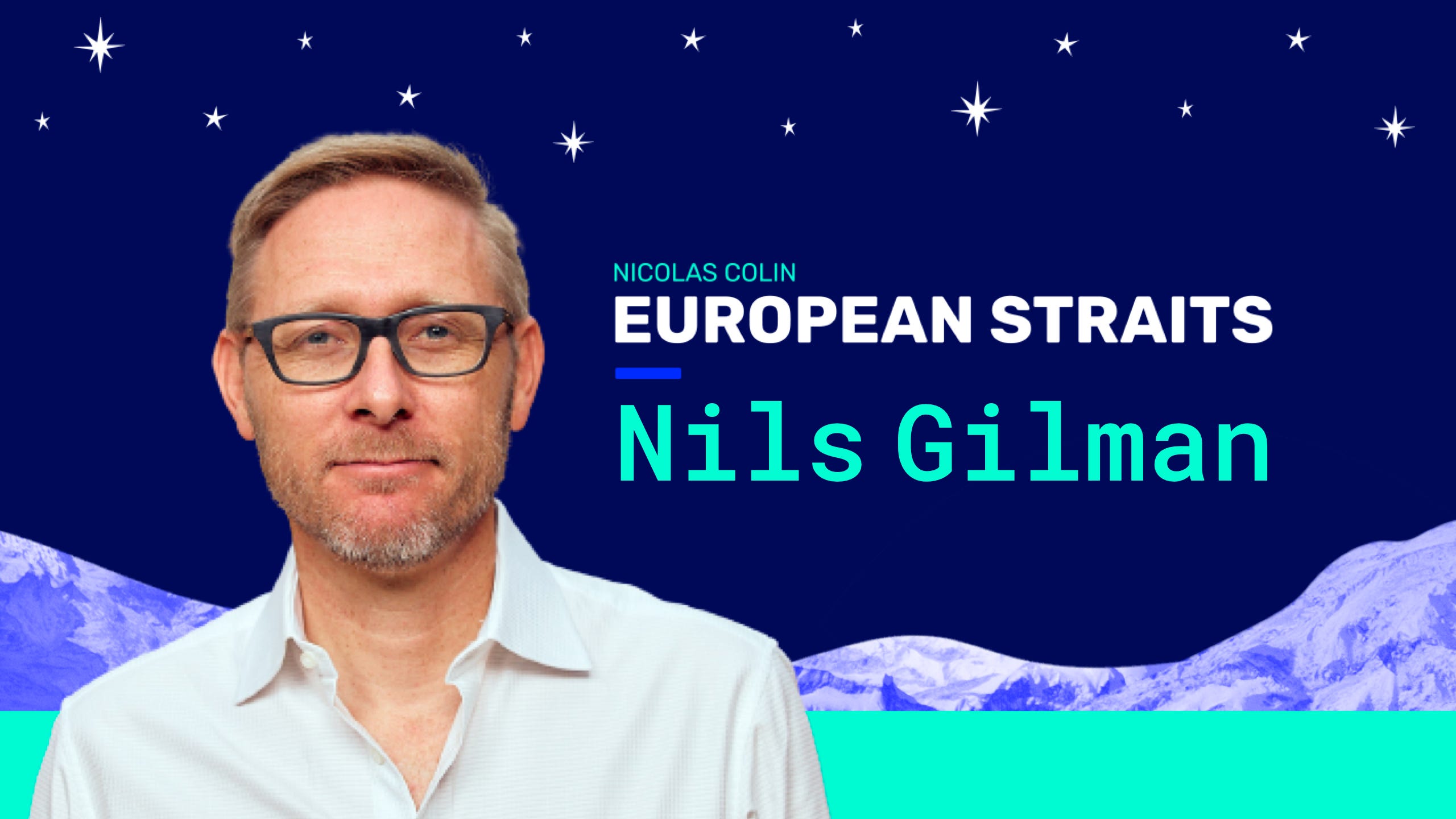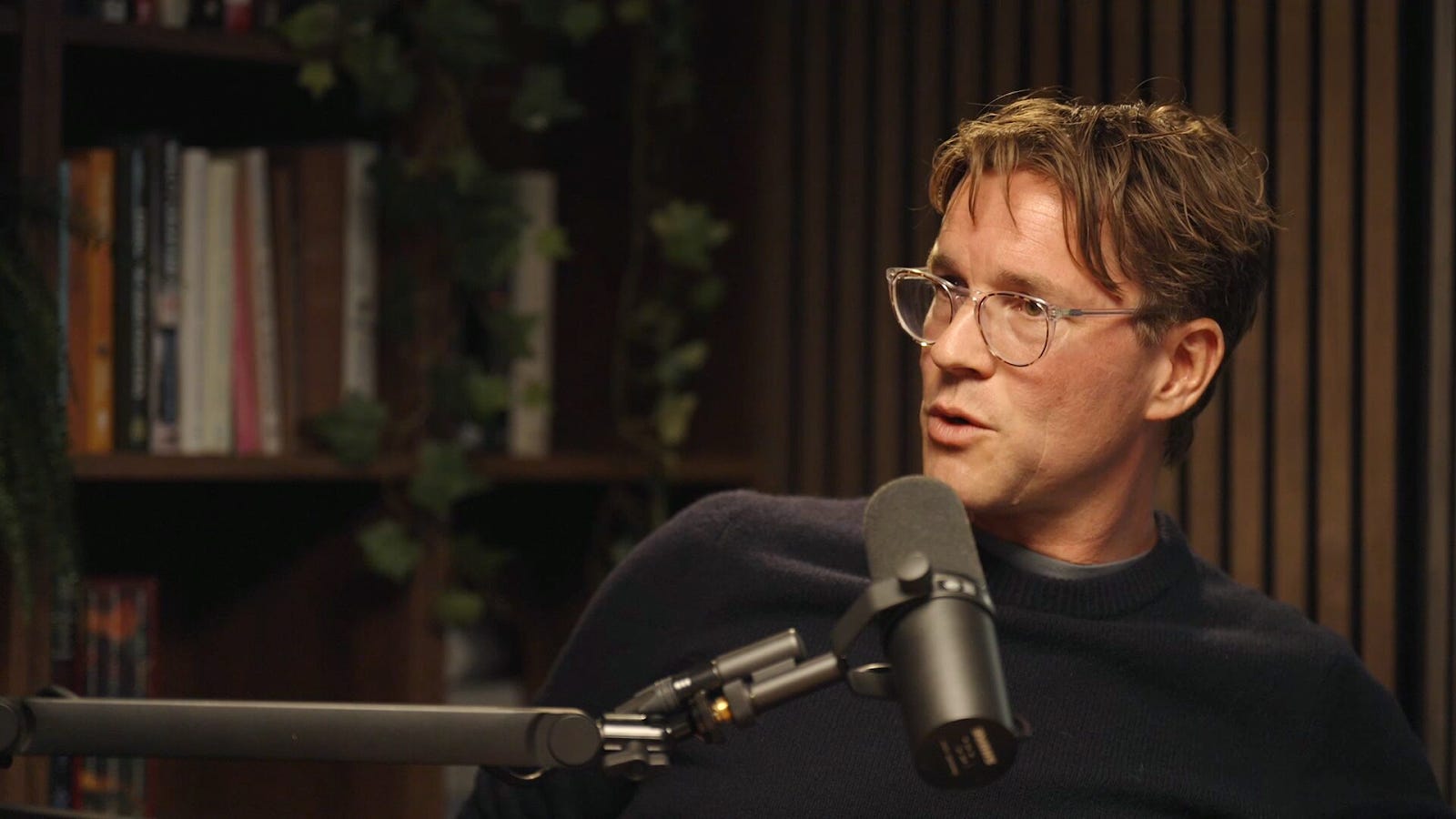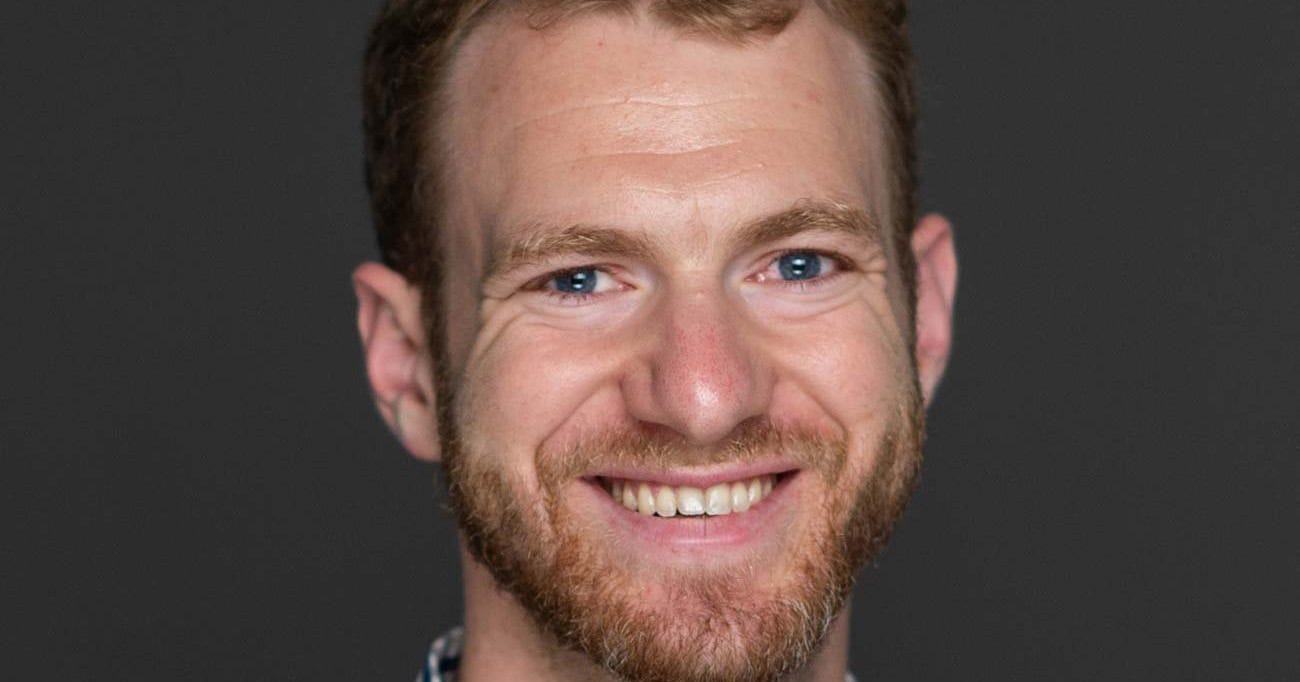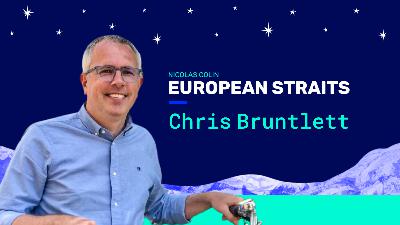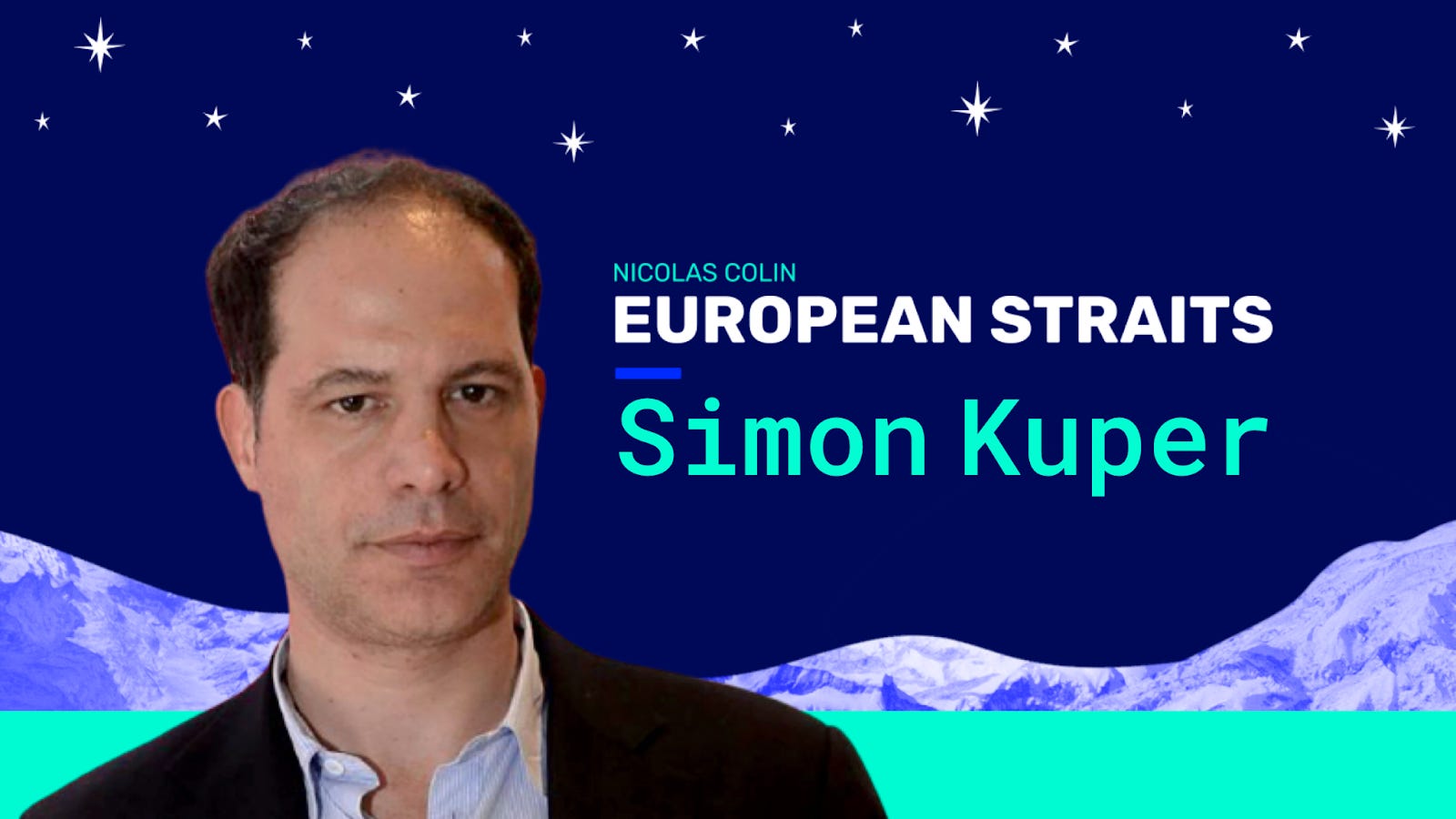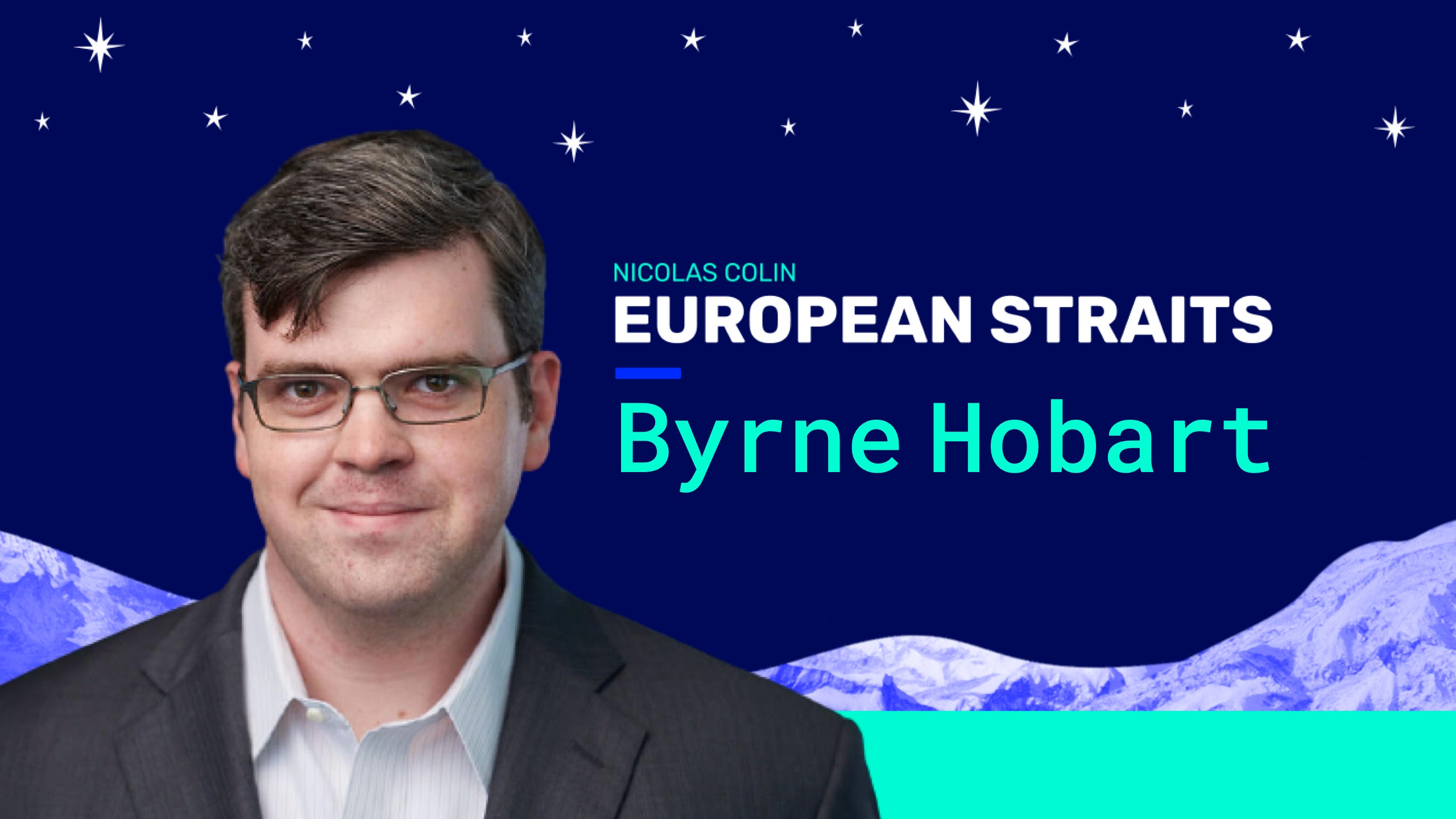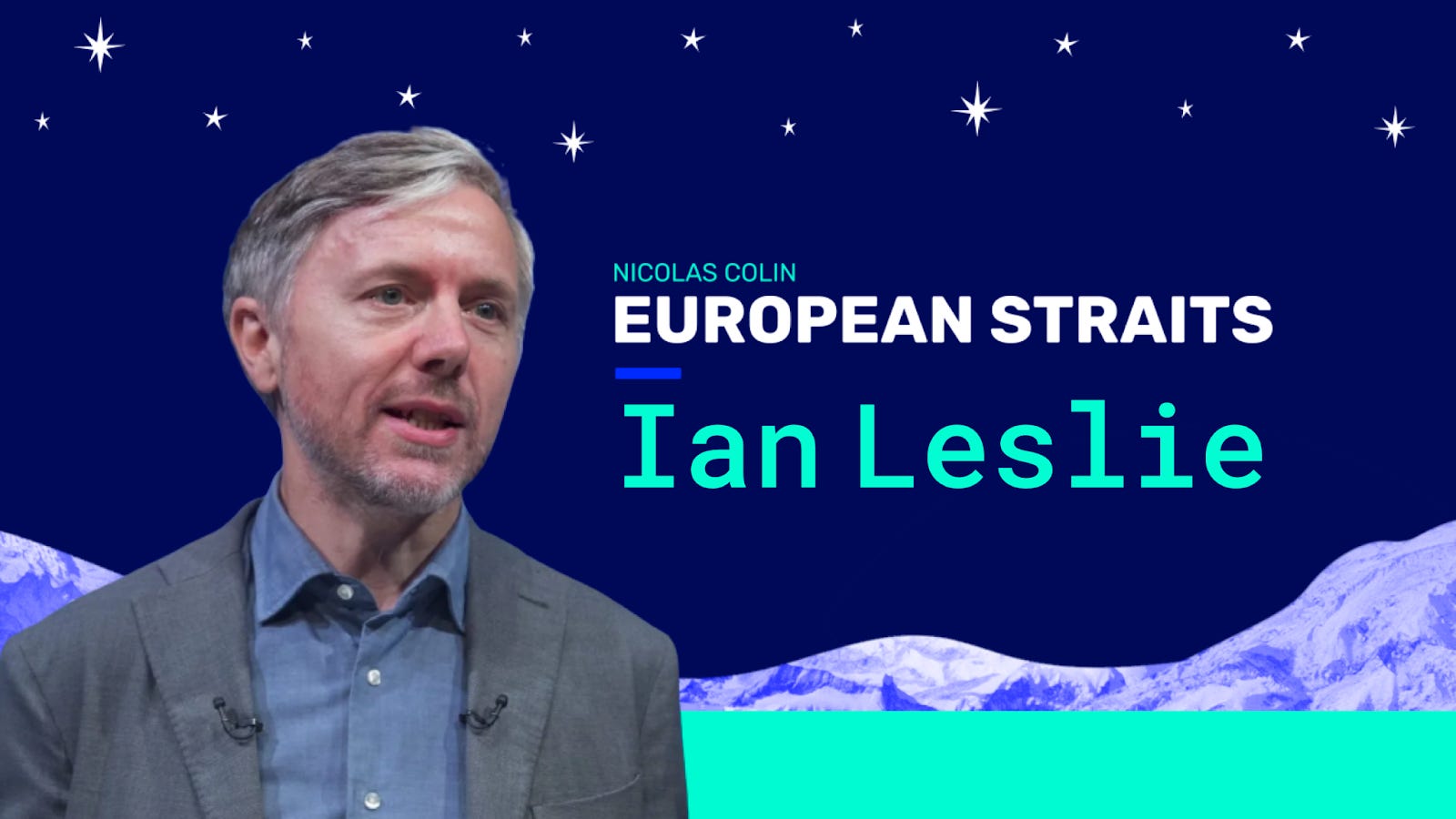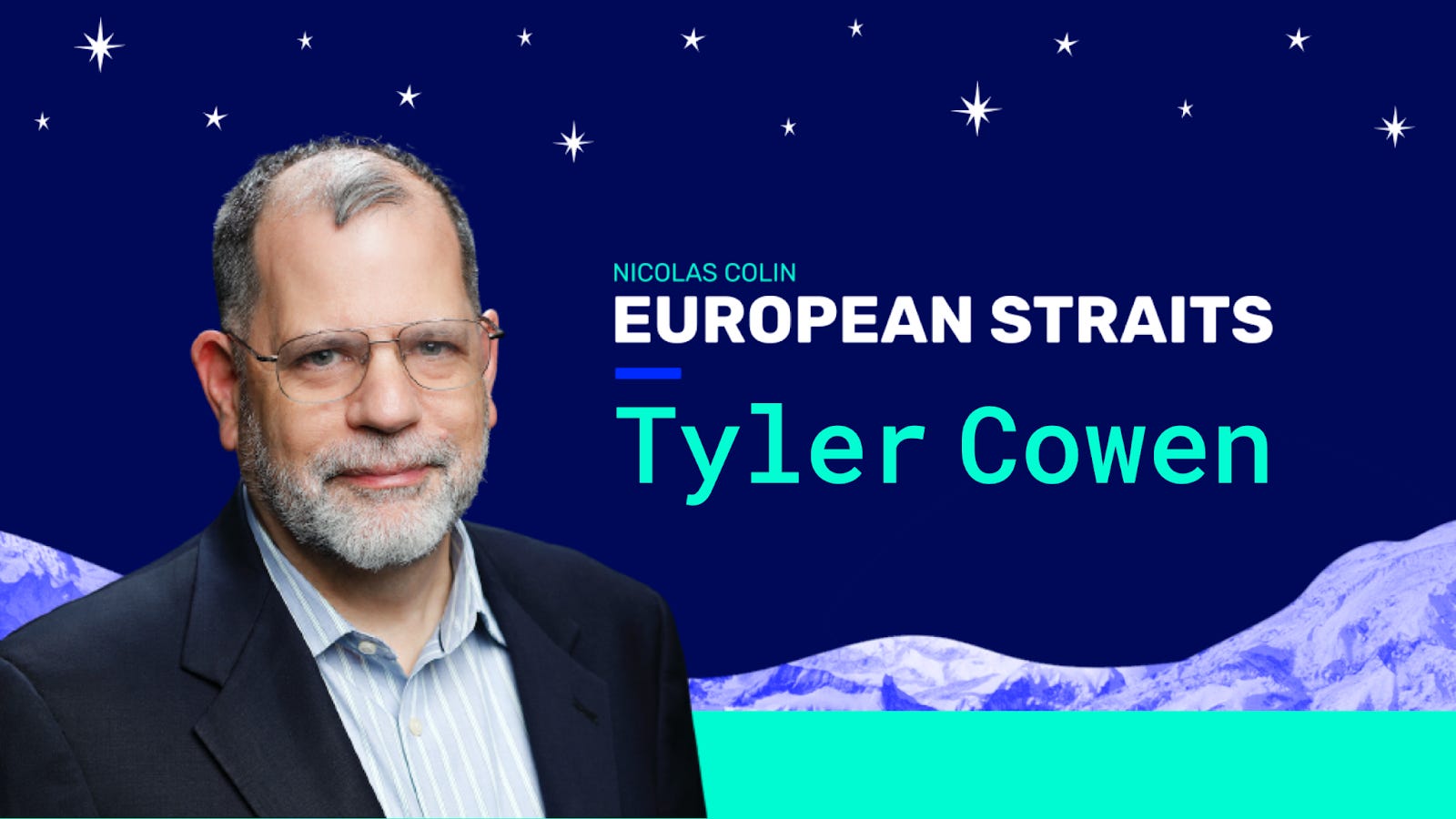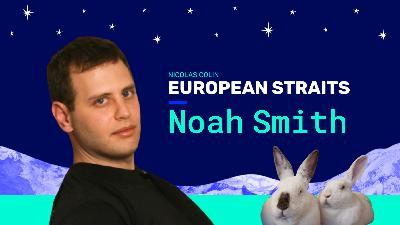The State of the World w/ Nils Gilman. Thumbs Up/Down. Work-Life Balance Across Cultures.
Description
The Agenda 👇
* I spoke with Nils Gilman of the Berggruen Institute about intellectual history and the state of the world 🎧
* Thumbs up/down for last week
* Thread of the week: about productivity and work-life balance
* A new essay by Younès Rharbaoui about “time-variant business models”
For the latest episode of the Building Bridges podcast, I interviewedNils Gilman, who leads the research program at the Berggruen Institute, a think tank based in Los Angeles and Beijing.
Nils and I met in February of last year at Tim O’Reilly’s Social Science Foo Camp. We had an initial discussion in which I discovered that I had read his book Mandarins of the Future, an intellectual history of modernization theory—the framework designed by the US government in the 1950s and 1960s to offer countries in the Global South a capitalist path to prosperity. For several years now I’ve been interested in everything that relates to economic development, the global economy, and America’s role in the world. Therefore it was easy for Nils and I to connect and exchange ideas!
Indeed, Nils’s expertise in intellectual history was one reason why I wanted to have this interview with him. As software is eating the world, there’s necessarily much focus on entrepreneurs and the companies they build. What people don’t realize, however, is how much beliefs, perceptions, frameworks and, more generally, ideas determine the direction in which our economy is headed as we shift from the Fordist Age of the 20th century to today’s Entrepreneurial Age.
* A new paradigm, after all, is nothing more than a new representation of the world. It’s not the world that changes as much as the way we see it—and the words we use to describe it!
In this regard, I was very interested in the part of the conversation in which Nils describes the interactions and differences between “modernization theory” (the framework he discusses in his book), the strategy that was actually implemented by successful Asian countries such as Taiwan and South Korea in the 1970s, the neoliberal “Washington Consensus”, and the relevance of it all in today’s world.
* As it turns out, there’s a collective job to be done: the world might only change slowly and at the margins, but our representation of it needs a radical upgrade!
And then there’s more to our conversation. On top of being a historian, Nils has had a career that spans across very different worlds and disciplines: the tech industry, in which he spent several years some time ago; national security, a field in which he co-founded a consulting firm in the wake of 9/11; and higher education, in which he once served as chief of staff to the Chancellor of UC Berkeley.
* Today, Nils puts his experience and knowledge to great use in tackling problems as head of research at the Berggruen Institute, focusing not necessarily on the most pressing problems of our time (like climate change), but rather on problems that are so elusive that we don’t even have the right words or frameworks to analyze them and understand them—as is the case with the declining legitimacy of democratic systems, for instance.
All in all, there was some very broad ground Nils and I could cover, and one hour wasn’t nearly enough. In our conversation, we also discuss the following:
* Nils’s birth in Denmark, his fluency in the language, and what it was like to discover that he speaks Danish “like the Queen” (which is not necessarily meant as a compliment).
* Why criminal organizations excel in arbitraging our cross-countries differences in legal norms and moral values—a phenomenon he calls “deviant globalization”.
* The respective positions of the US, China and Europe on the global stage, and the challenges that each region must tackle if it wants to succeed moving forward.
* Why the current transition calls for a new social contract and why Nils, along with his colleague Yakov Feygin, thinks we must build a new “mutualist economy”.
Here are the various ways in which you can dig deeper into Nils’s work:
* His book Mandarins of the Future: Modernization Theory in Cold War America (2007).
* The (excellent) magazine Noéma, published by the Berggruen Institute, of which Nils is the deputy editor.
* A few works by him that I liked a lot: The Twin Insurgency (The American Interest, 2014). The Official Future Is Dead! Long Live the Official Future! (The American Interest, 2017). The Long Shadow Of The Future (w/ Steven Weber, Noéma, 2020). Governing In The Planetary Age (w/ Jonathan Blake, Noéma, 2021). Who Controls The Past Controls The Future (Noéma, 2021).
* His newsletter Small Precautions and, of course, his Twitter account—a place where he’s very active and doesn’t hold back.
👉 Listen to my conversation with Nils Gilman in the latest episode of the Building Bridges podcast using the player above 👆 or on Apple Podcasts or Spotify 🎧
😀 I loved this recent Bloomberg article by Karl Smith about the radical shift that’s happening in the US housing market. In short, the market has been made more liquid by tech companies such as Zillow and Opendoor. The ‘downside’ is that houses get more expensive (liquidity premium!) and, more and more, only institutional investors can afford them—which is why renting might be the future.
🙂 More interviews with Marc Andreessen! Here’s one (in written form) with Noah Smith (who was my guest on the podcast a few weeks ago), another (audio) with Patrick O’Shaughnessy as part of the Invest Like the Best series, and a third one (written form) by Antonio García Martinez of The Pull Request. Enjoy!
😏 About the Diffraction of Venture Capital, I was interested in this Financial Times article about Baillie Gifford, a Scotland-based investment firm that makes tech-related bets on public markets. It’s interesting for two reasons: it’s made in Europe, and it’s happening on public markets—far away from the small, opaque and illiquid world of traditional venture capital.
😐 A new chapter in the series “Our Elite Is Failing Us”. Martin Gurri, the author of The Revolt of the Public and once a guest of mine at The Family in 2019, published a new essay about scientists not being better than the rest of the elite in sharing information and interacting with the public. Read it here: The Enemies of the Open Society - Discourse.
😒 Wealth anti-management. A few years ago, I asked myself a question: if the wea

